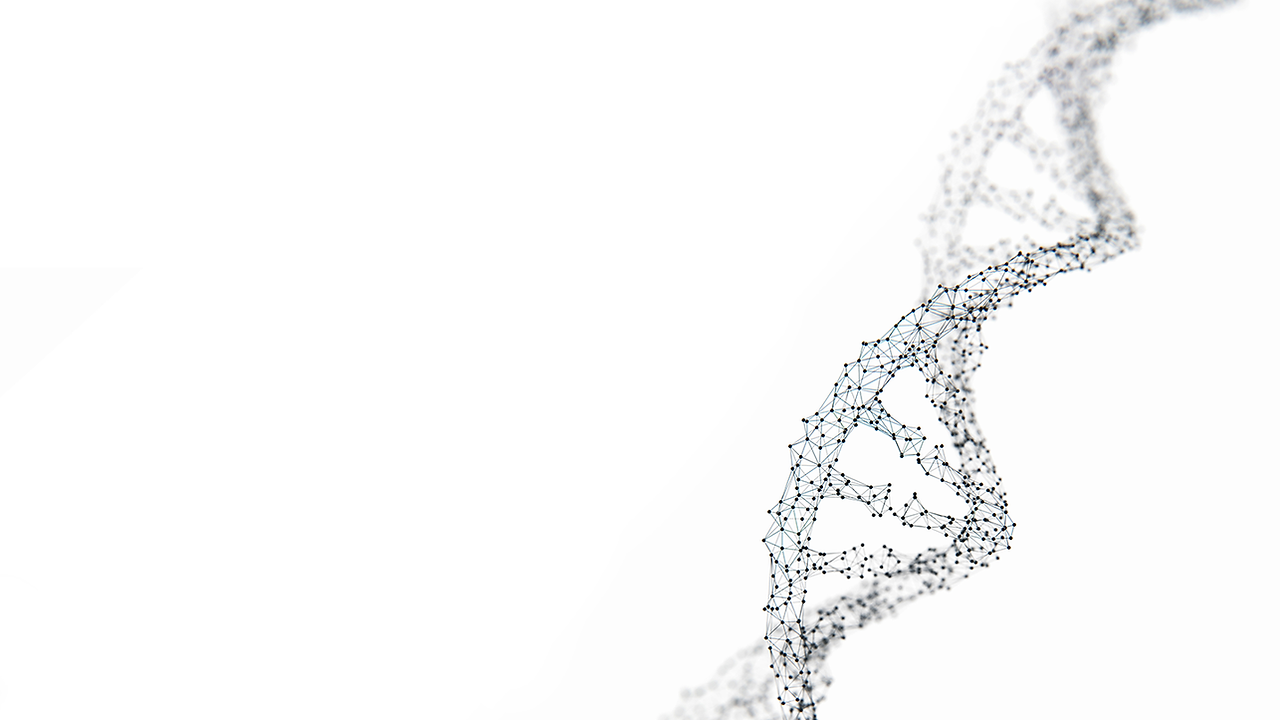High-Concentration Version of Adalimumab Biosimilar Will Be Available in 2023
- IPD Analytics
- Aug 23, 2022
- 3 min read
Updated: Apr 17, 2023
The FDA approved the first high-concentration adalimumab biosimilar. A low-concentration version of the biosimilar, Hadlima, was already approved. Both versions will launch in July 2023.
By Laura Joszt | ajmc.com

Last week, the FDA approved another adalimumab (Humira) biosimilar; however, this is the first high-concentration adalimumab biosimilar. A low-concentration version of Samsung Bioepis’ Hadlima was first approved by the FDA in July 2019. There are a total of 7 adalimumab biosimilars approved by the FDA, but due to patents on the reference product, the first of these—Amgen’s Amjevita—will not launch until January 2023. The citrate-free, high-concentration formulation of Hadlima will be available in prefilled syringes and autoinjectors. Both the low- and high-concentration versions of Hadlima will launch July 2023. The biosimilar is already available in the European Union and marketed as Imraldi. When the reference adalimumab first launched, it was a low-concentration version. The citrate-free, high-concentration version reduces site injection pain. Currently, the high-concentration version of the reference product has the most market share.
“With this approval, we now have both a low and high concentration adalimumab biosimilar approved by the FDA, marking an important step towards expanding treatment options for patients suffering from certain chronic, autoimmune diseases,” Byoungin Jung, vice president and regulatory affairs team leader, Samsung Bioepis, said in a statement. “By leveraging our development expertise, manufacturing excellence and supply chain reliability, we will continue our work to ensure healthcare systems have more affordable treatment options available,” she added. The FDA approval is based on date from a randomized, single-blind, 2-arm, parallel group, single-dose study (NCT04514796) comparing the pharmacokinetics, safety, tolerability, and immunogenicity of the 2 formulations. Data from the study presented at EULAR 2022, the annual congress of the European Alliance of Associations for Rheumatology, demonstrated the pharmacokinetic equivalence of low-concentration Hadlima and the high-concentration version in healthy male subjects. There were similar treatment-emergent adverse events between the low- and high-concentration versions. While the incidence and severity of injection site reactions were low in both groups, there was a lower incidence in the group receiving the high-concentration formulation. The full study results were published July 1 in Rheumatology and Therapy.1 “The reduction of injection-site reactions and pain may positively affect treatment adherence in patients with chronic conditions who require repeated dosing,” the researchers explained. In a presentation at Asembia's 2022 Specialty Pharmacy Summit in May 2022, Sonia Oskouei, PharmD, vice president of Biosimilars at Cardinal Health, explained that European colleagues who have been using adalimumab biosimilars have anecdotally said that patients prefer the citrate-free version because it doesn’t hurt. Having an approved high-concentration version is also important for payers. In another session at Asembia, Jeffrey Casberg, MS, RPh, vice president of pharmacy at IPD Analytics, LLC, explained that since the high-concentration version has about 85% of the market share, payers will not have to worry about moving patients from the new formulation to the old formulation. Pharmacies and payers won’t have to worry about converting patients and having biosimilars for both formulations will “make this adoption much more robust,” he said during his presentation. In addition to Hadlima, Celltrion’s Yuflyma and Alvotech’s AVT02 are high-concetration adalimumab biosimilars who have reached agreements with AbbVie, the maker of the reference product, for the biosimilars to come to market in 2023. Neither are approved by the FDA yet, but applications for both have been submitted to the FDA. Reference Ahn SS, Lee M, Baek Y, Lee S. A eandomized pharmacokinetic study in healthy male subjects comparing a high-concentration, citrate-free SB5 formulation (40 mg/0.4 ml) and prior SB5 (adalimumab biosimilar). Rheumatol Ther. 2022;9(4):1157-1169. doi:10.1007/s40744-022-00471-8




